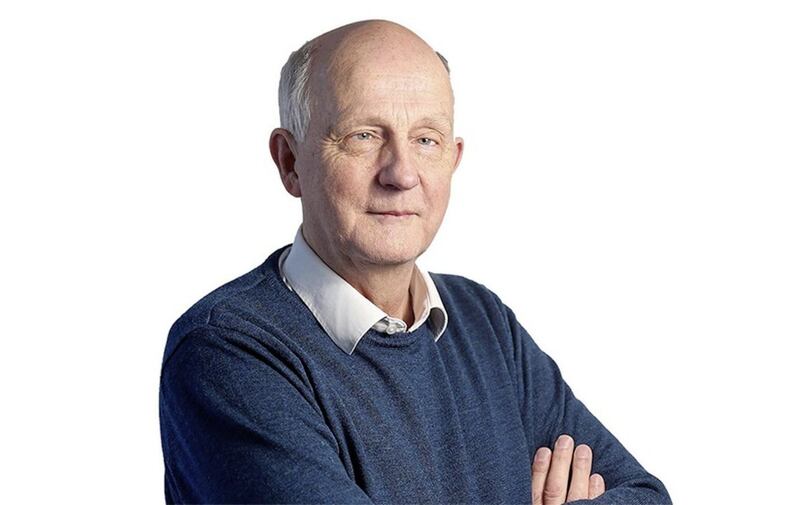It seems like a lifetime ago that we were committing ourselves to a peace process for the 'sake of the next generation.'
Poor old John Hume and David Trimble were dragged onto the stage of a U2 concert so that Bono could raise their arms in the air and encourage the youngsters to cheer the bringers of change. There were very twee TV and poster commercials with sweet, smiley kids and a voiceover telling us; "Wouldn't it be great if it was like this all the time?"
Old men - and it was mostly old men and old terrorists - assured us they wanted a better life for their children and grandchildren. So, on May 22, 1998, huge numbers turned out for the referendum and voted YES for a better future for the little ones. As the results came in on the Saturday afternoon the King's Hall was full of people clapping, cheering and high-fiving each other (as well as jeering the departing DUP contingent) and waving around the cheery flyers of the YES campaign. The future, so it seemed, would be new, bold and era-changing. The next generation would get the chance to do politics differently; and do it better.
Well, that next generation has grown up. The 18-year-olds from 1998 are now 40. The mid-20s are now middle-aged. The mid-teens are in their late-30s. Many of them have their own families. But here's the thing: a majority of those who vote are still voting for us-and-them parties. A majority of that majority are, in fact, voting for the less moderate forms of us-and them. And while there has been a shift towards something which is now recognised as 'other', it still accounts for just about 18 per cent of those who vote.
So, let me pose a question. What do we mean when we talk about 'doing it for the children?' Most of us want our children to have a better life than we have. Most of us don't want Northern Ireland dragged back to the days of terror campaigns and huddling round the radio and television at 11pm to hear the latest bad news. Most people will tell opinion pollsters that they want their children mixing freely and not being hung up about the political or religious background of their potential friends. Poll after poll since the early 1970s indicates substantial support for integrated education and housing: in other words, an end to us-and-them schools and us-and-them areas.
But, as I say, that doesn't seem to have happened. We (the majority of whom were my generation) may have voted yes for the sake of the next generation, but we didn't take the next steps. The children born between 1998 and 2002 (who are now voting age) and those catching up on them, were not born with political beliefs and ancient grudges. They inherit them or learn them from parents, peers, schools and the people they socialise with most. If that process happens almost exclusively within us-and-them schools and areas then we can hardly be surprised if their voting preferences reflect that background and upbringing.

It's also worth remembering that almost 30 per cent voted NO in 1998; and it's worth remembering because the evidence would suggest that number has now grown - otherwise both unionism and nationalism would have recognised the electoral benefit of moving closing together rather than further apart. Had there been the change that some of us had hoped to see after 1998 I think it would have been evident in the growth of entirely new centre parties (reflecting the 'new' Northern Ireland) rather than a bit of rejigging of Alliance, which was created 50 years ago.
Is it too late to do something for our children? And I don't just mean mine, by the way; or just the children of unionists. I mean for all our children. If we continue with sectarianised schooling, living and politics then we are dooming and damning each succeeding generation to the same problems we have. And even if Northern Ireland were to leave the UK at some point within the next 20 years (and, to be honest, I still think that's unlikely) our ongoing inability to integrate just means that we'd carry the problem into the new dispensation. Indeed, it might even exacerbate the problem and add further to our sense of being 'a place apart.'








